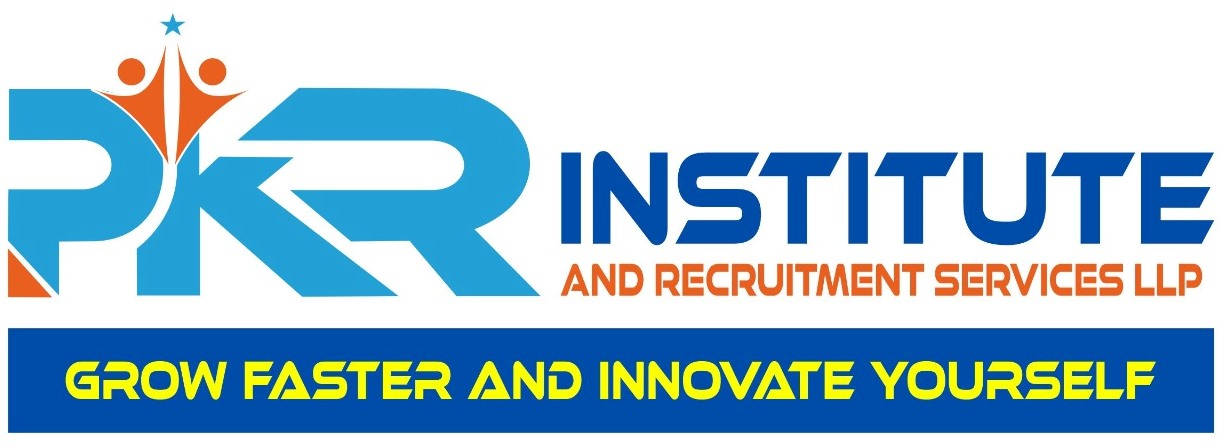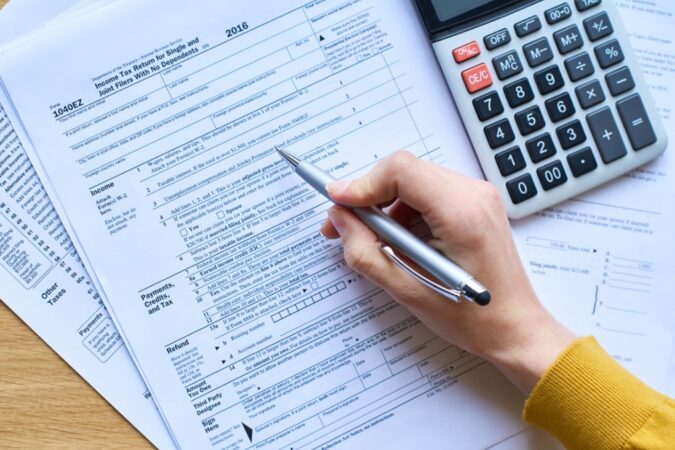Ever wondered why your bank account balance doesn’t always match your company’s financial records? This is where bank reconciliation comes in. It’s a crucial process that ensures your cash records and bank statements are in sync, helping you identify any discrepancies and maintain accurate financial information.
Why is Bank Reconciliation Important?
- Accuracy: Guarantees the accuracy of your financial records, reflecting the true picture of your cash flow.
- Error Detection: Helps identify any errors in your bookkeeping or bank statements, preventing financial issues.
- Fraud Prevention: This can help detect potential fraudulent activity in your bank account, safeguarding your financial assets.
- Improved Financial Control: Provides a clear picture of your cash flow, enabling better financial control and informed decision-making.
The Bank Reconciliation Process:
-
Gather Information:
- Company Cash Records: This includes your internal records of all deposits made, checks issued, and any bank fees or interest earned during the period covered by your bank statement.
- Bank Statement: This document issued by your bank provides details of all transactions that have occurred in your account during the same period.
-
Compare Transactions:
- Match cleared transactions: Meticulously compare each deposit and check recorded in your books with the corresponding entries on the bank statement. Ensure dates, amounts, and payees/depositors match perfectly.
- Identify outstanding items: These are transactions that appear in one set of records but not the other.
-
Make Adjustments:
- For company records:
- Add deposits in transit: These are deposits made by your company but haven’t yet been reflected on the bank statement.
- Deduct outstanding checks: These are checks issued by your company that haven’t yet been cashed and cleared by the bank.
- For bank statement:
- Deduct bank service fees: These are charges levied by the bank for maintaining your account.
- Add any interest earned: This is the income your account generates based on the average daily balance.
- For company records:
-
Reconcile the Balances:
- After making necessary adjustments, both your adjusted bank balance and your adjusted cash book balance should ideally match. If they don’t, it indicates a discrepancy that needs further investigation.
-
Record Adjustments:
- Once the reconciliation is complete, any necessary adjustments should be recorded in your company’s accounting records to ensure your financial statements reflect the accurate information.
Course Features
- Lecture 0
- Quiz 0
- Duration 10 weeks
- Skill level All levels
- Language English
- Students 0
- Certificate No
- Assessments Yes






